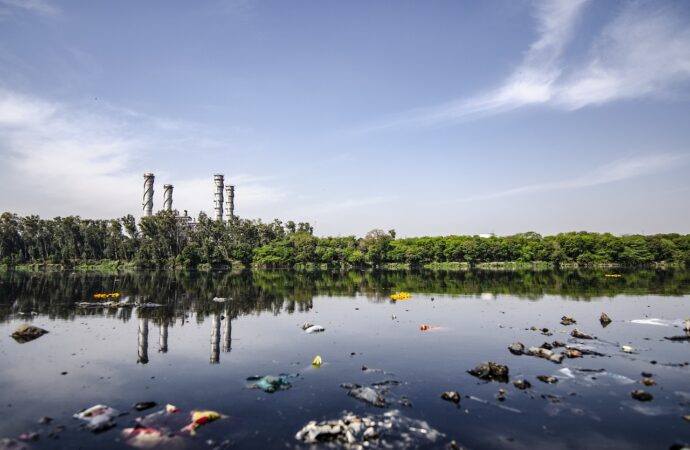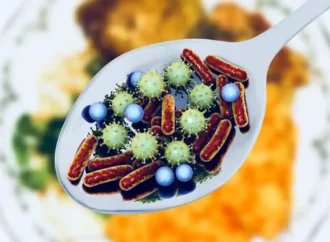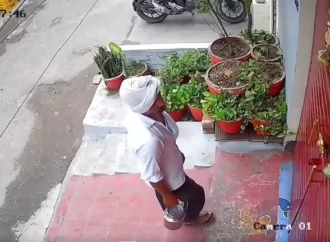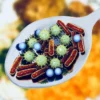Introduction
In a heart-wrenching incident, six people, including a three-year-old child, lost their lives, and over 100 others fell seriously ill after consuming contaminated water during a temple fair in Chinnenahalli village near Midigeshi, Tumakuru district. The tragedy unfolded during a six-day temple fair that drew thousands of devotees from Karnataka and neighbouring Andhra Pradesh.
The Unfolding Crisis
- Day 1: At the end of the first day of celebrations, more than 35 people complained of diarrhoea and vomiting after drinking water at the fair. Many were rushed to Madhugiri Taluk Hospital and Tumakuru District Hospital.
- Fatalities: Over the next two days, three senior citizens undergoing treatment at the hospitals succumbed to multiple complications.
- Worsening Situation: The number of infected individuals surpassed 100, and the death toll continued to rise.
Investigation and Findings
- Water Source: Authorities suspected that the water supplied from an overhead tank was contaminated.
- Lab Tests: Laboratory tests confirmed that the tank water was unfit for consumption.
- Immediate Action: The government suspended the panchayat development officer (PDO) and waterman responsible for the water supply.
Ministerial Response
- Cooperation Minister’s Statement: Co-operation Minister KN Rajanna expressed concern and emphasized the need for a thorough investigation.
- Minister G Parameshwara’s Visit: Tumakuru district minister G Parameshwara visited the ailing patients and assured them that the situation would be addressed promptly.
- Compensation: The state government is considering compensation for the affected families.
Mitigation Measures
- Water Supply Cut Off: Tap water supply to the village has been discontinued.
- Safe Water Distribution: Potable water is now being supplied through tankers.
- Boiling Advisory: Citizens have been advised to boil water thoroughly before consumption.
Preventing waterborne infections
- Boil Water: Boiling water before consumption is a simple yet effective method to kill harmful microorganisms. Regularly boil water to ensure safety.
- Use Water Purifiers and Filters: Invest in water purifiers or filters to remove impurities and pathogens. These devices enhance water quality and reduce health risks.
- Emphasize Clean Water Sources: When travelling or in areas with limited clean water sources, prioritize drinking bottled or treated water. Avoid consuming water from questionable or untreated sources.
- Routine Maintenance: Regularly maintain water supply systems, including cleaning tanks, pipes, and filters. Implement preventive measures to address risks and ensure safe water distribution.
Conclusion
This tragic incident underscores the critical importance of stringent quality checks in water supply systems. As investigations continue, authorities must ensure that such devastating events are prevented in the future.
 Food Manifest
Food Manifest 















